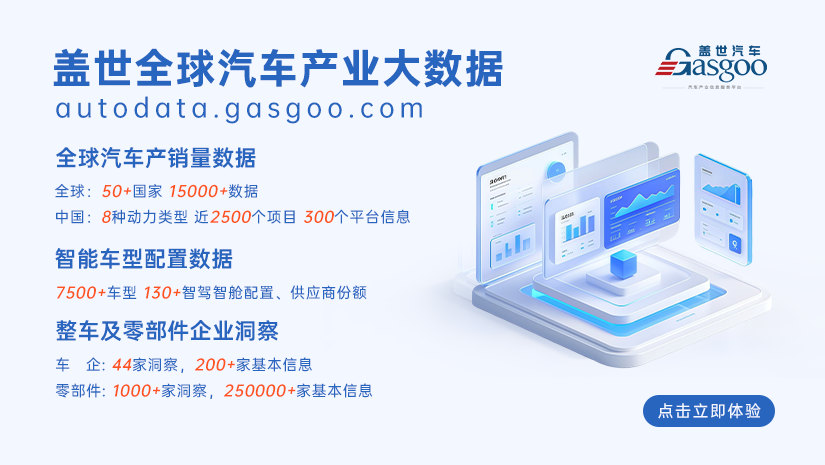According to data from the Global Automotive Industry, total car sales in France reached 151,113 units in June 2025, representing a substantial month-on-month increase of 34.6%. This short-term market recovery is driven by seasonal promotions. June is traditionally a summer sales season in France, where car manufacturers and dealers typically offer cash discounts, low-interest loans, and trade-in subsidies to stimulate consumer purchases. However, compared to the same month last year, sales still declined by 6.2%, reflecting a persistent long-term consumption fatigue and macroeconomic pressures such as inflation and rising costs of energy transition. The recovery of consumer confidence will require a longer period.
In terms of brand sales, Renault topped the list with 32,700 units sold, followed by Peugeot with 21,710 units. Domestic brands firmly hold market dominance due to their deep channel engagement, brand recognition, and localization advantages. Dacia made a remarkable entry into the top three with 16,451 units sold, highlighting the strong consumer demand for high-cost performance models. Its 'practical + low price' strategy aligns well with the current trend of rational consumption.
The brand structure shows Renault and Peugeot leading the first tier, maintaining a strong position due to local advantages. Dacia and Citroën (11,493 units) form the second tier, yet still fall short compared to the first tier. Toyota (9,886 units) and Volkswagen (9,440 units) are in the third tier, having a stable audience in France as international brands but unable to shake the dominance of local brands. Skoda (4,145 units), BMW (4,133 units), Ford (3,751 units), and Tesla (3,641 units) belong to the fourth tier, with limited overall market share. The gaps between tiers are clear, showing a significant layering in brand competition.
Tesla entered the top ten in sales, having a certain demand base in the electric vehicle market, yet its overall share remains low, indicating a slow adoption of new energy vehicles in France. Insufficient charging infrastructure and consumer range anxiety are primary barriers to electric vehicle penetration. To achieve market breakthroughs, coordinated efforts in policy guidance, infrastructure upgrades, and product strength enhancement are required.
Regarding vehicle structure, seven of the top ten selling models in June 2025 were small economy cars, with the Renault Clio (13,630 units), Dacia Sandero (6,952 units), and Peugeot 208 (6,478 units) leading the pack. This reflects a notable shift in consumption structure. In recent years, the French automotive market has gradually shifted from a preference for mid-size SUVs and high-spec models to an emphasis on cost-effectiveness and practicality in entry-level small cars. Amid continuous economic pressures and slowly recovering consumer confidence, users' car buying logic is becoming increasingly rational, with market focus shifting further toward basic transportation needs. This trend is not a short-term fluctuation but a deep-seated transformation in consumption structure. Facing high inflation, rising loan rates, and costs related to energy transition, consumers are generally compressing their car purchase budgets, opting for basic transportation tools that meet essential needs, marking a return from 'improving consumption' to 'basic consumption' with more pragmatic and restrained purchasing decisions.
France's Car Sales Show Significant Growth in June 2025

Images

Share this post on: